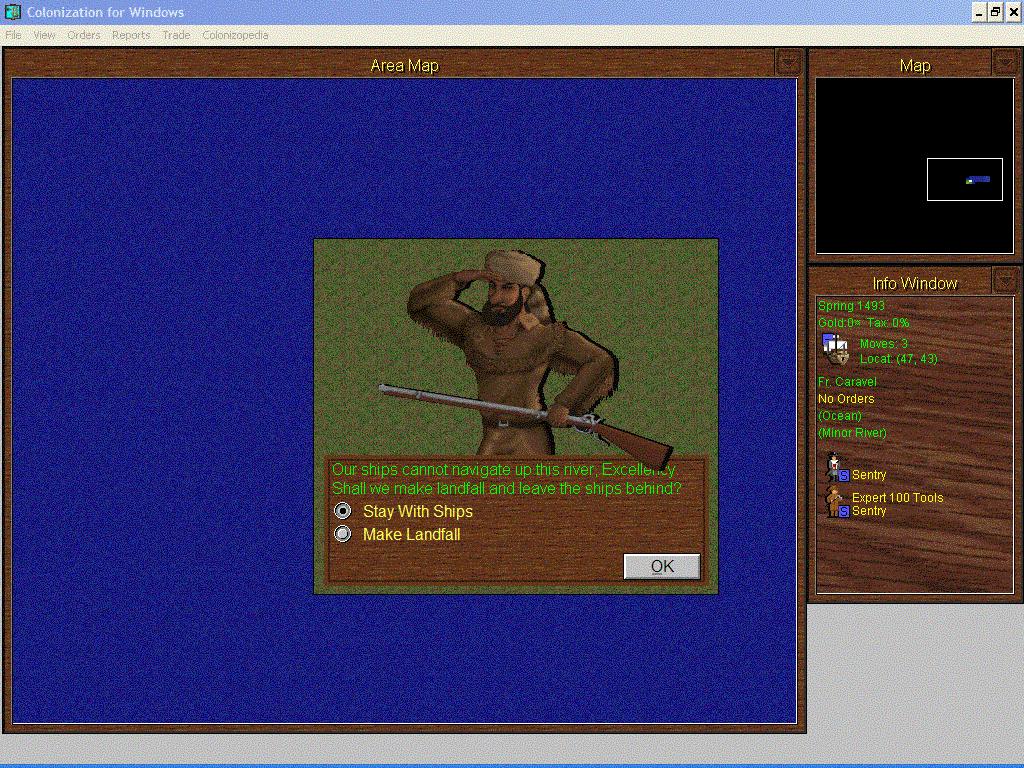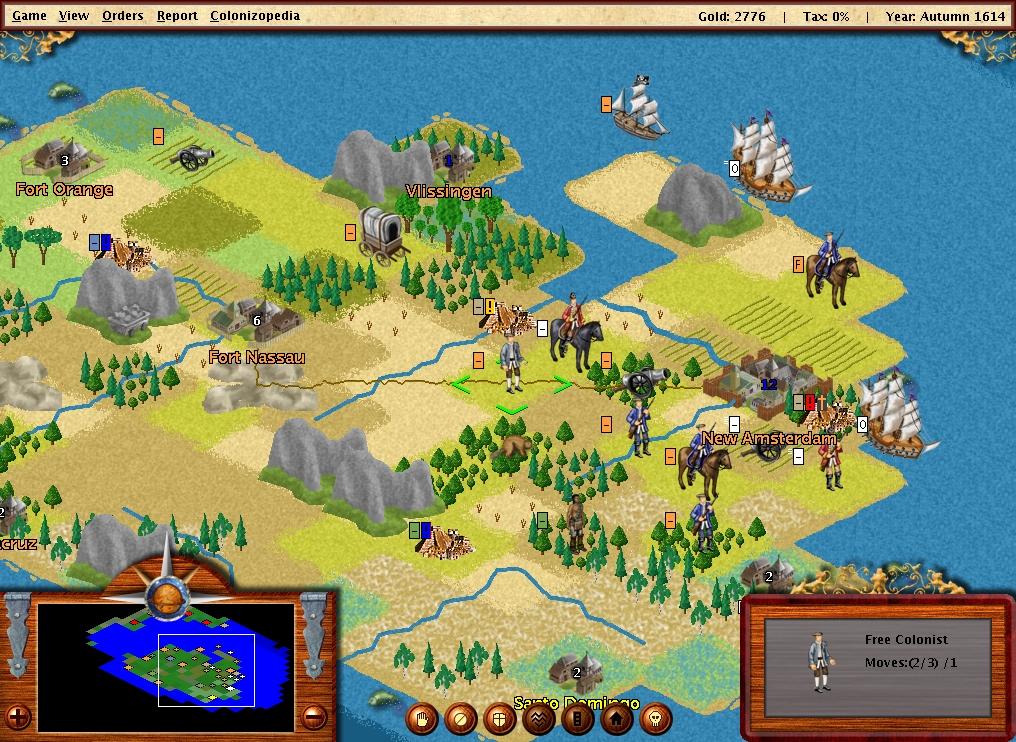

As a result, Sid Meier's Colonization has a far more focused sense of gameplay, which can be good or bad depending on personal preference. And now you've mastered the basics, you can try the multiplayer features, and pit your skills against other players.Despite MicroProse's naming conventions (did we really need another game with "ization" in the title?), this successor to Sid Meier's Civilization empire-builder attempts to embody the spirit of "Exploration and Conquest of the New World" rather than focus on the entire span of recorded history. The King won't like it, and an attack force will be sent, but if you've prepared well, and are strong enough to defeat it, then congratulations are due - you've won the game. The ultimate objective is to become powerful enough to declare your independence from Europe.

Will you become their friends, learn new skills and trade with them? Or attack their villages and take what they have by force? It's your call. War can't be too far away.Īnd then there are the native Americans. Other European powers are building colonies of their own, expanding their borders and becoming all too powerful. And there's another complication: you're not alone. There are cities to build and manage, and new technologies to learn. You'll need to earn money by producing goods and sending them back to Europe. You lead a tiny band of settlers who've just arrived in America, with just one goal: to make the country your own. FreeCol is an open source clone of Sid Meier's excellent turn-based strategy game, Colonization.


 0 kommentar(er)
0 kommentar(er)
